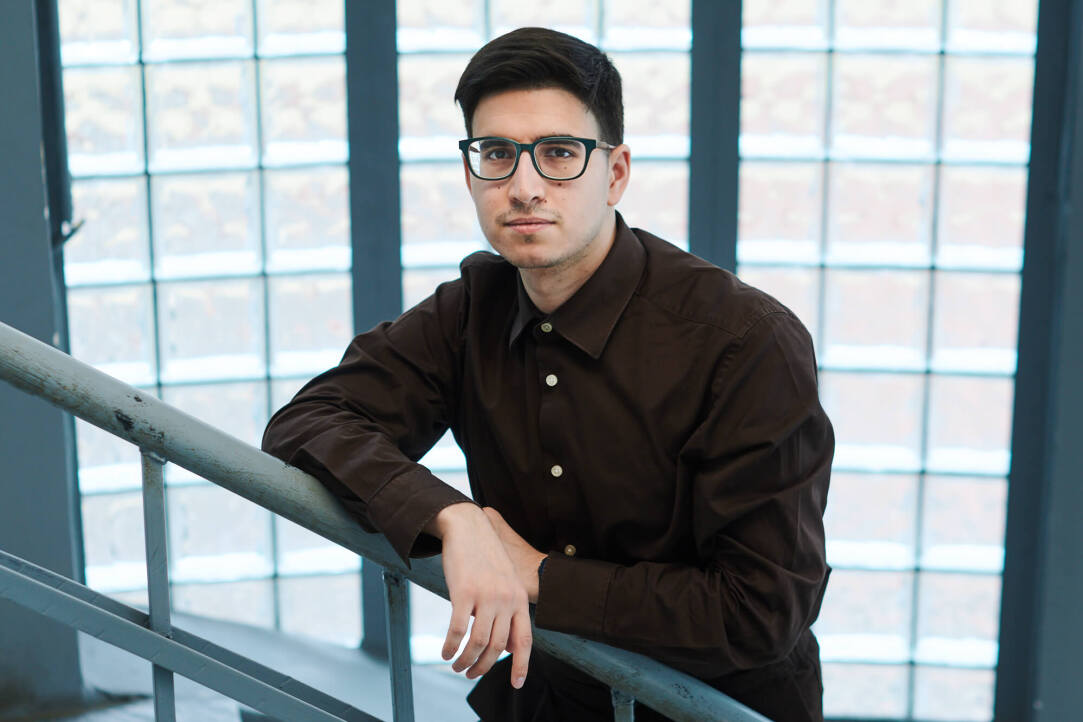
'I Have an Interest in Everything Related to Islam and Politics'
Mir-Ali Askerov became a scientist out of curiosity: initially, he read about the activities of radical Islamist groups, and later, he learned how to study them academically. In this interview with the HSE Young Scientists project, he explains why he chose to study moderate political parties in Central Asia, discusses the concept of God's sovereignty in lawmaking currently adopted in Afghanistan, and shares his fascination with Sufism.
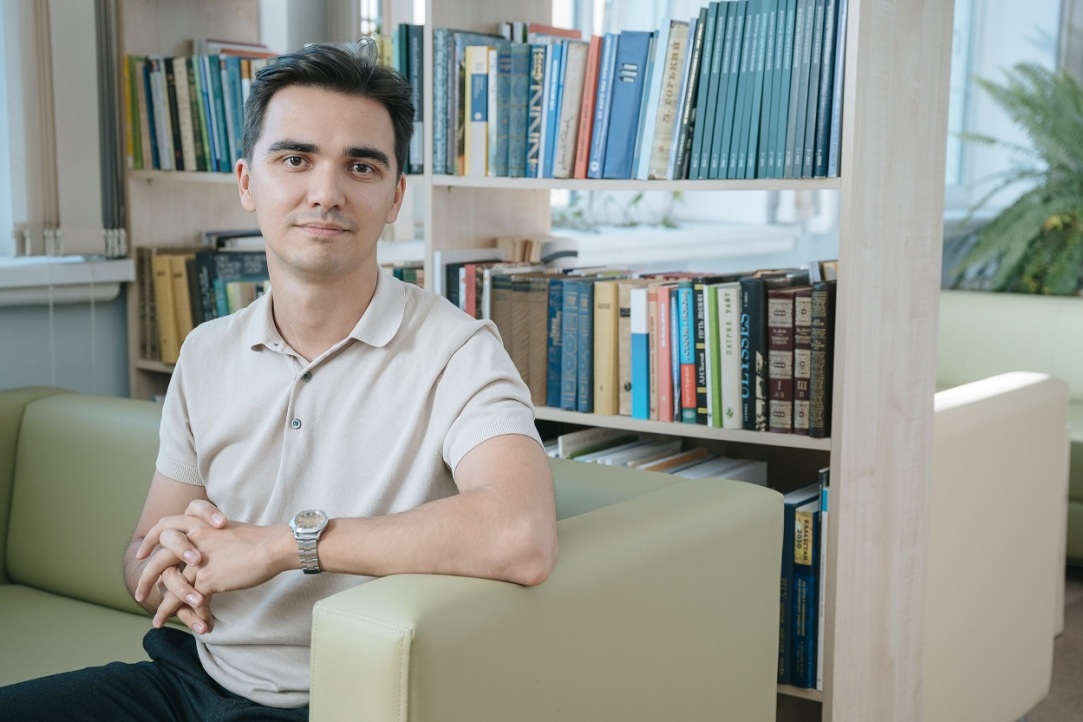
'Science Does Not Permit Fakes and Cheating'
As a child, Konstantin Anchikov imagined becoming 'director of the office,' and now he is researching general and extracurricular education. In this interview with the HSE Young Scientists project, he speaks about his squabbles with ChatGPT, the educational trajectories observed in remote regions, and his field expeditions to Kamchatka and Transbaikalia.
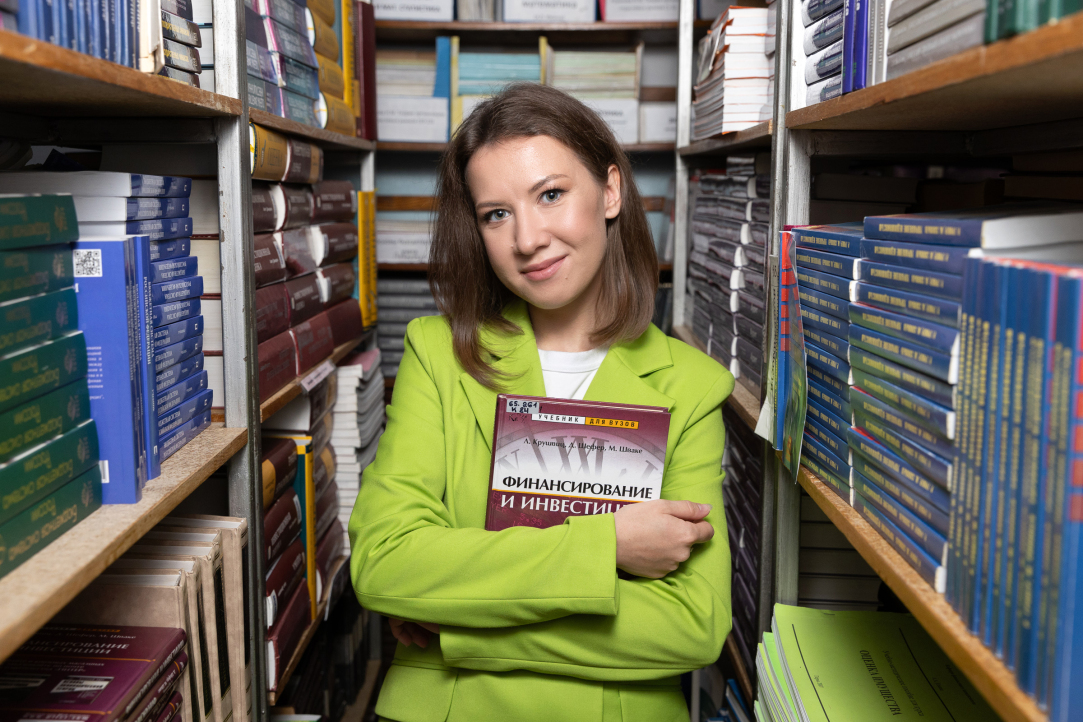
'Children's Literature Offers a Fresh Perspective, Helping us Discover New Insights in Everyday Things'
Yulia Zaripova studies neuromarketing, exploring how our brain makes decisions. In this interview with the HSE Young Scientists project, she discusses her academic career, reflects on the importance of celebrating even small victories, and shares her favourite places in Perm.
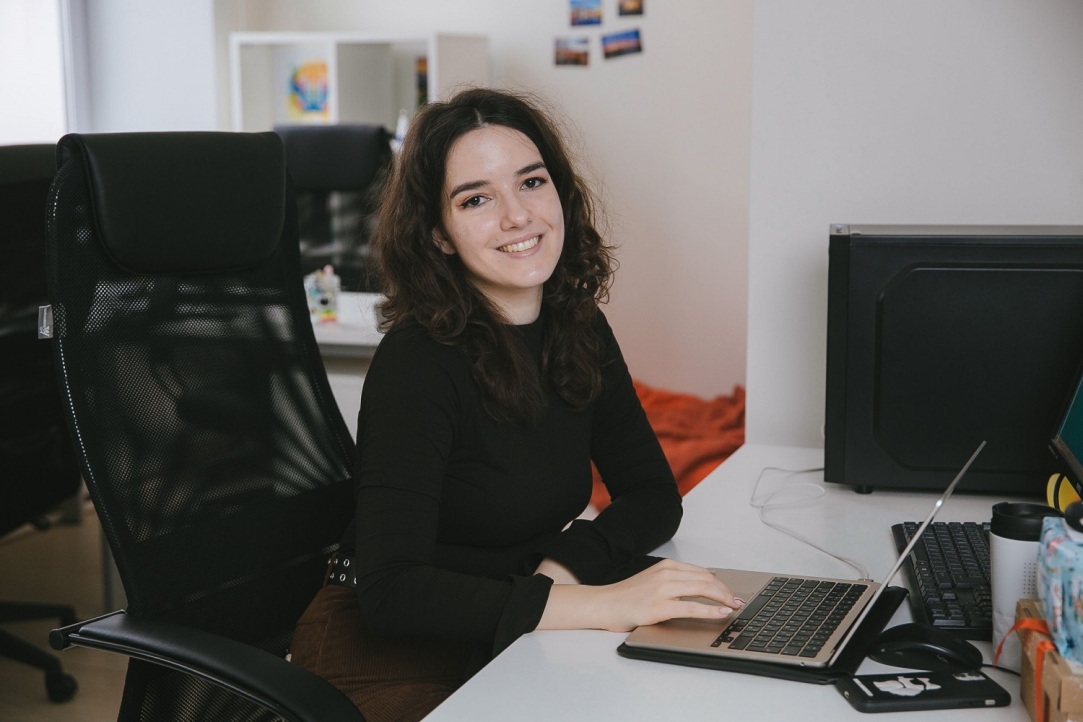
'I Want Science to Help Me Explore New Horizons'
Eliana Monahhova worked as a journalist for various media outlets, but after realizing she frequently wrote long-form pieces on the psychology of the human brain, she decided to change her career focus. In this interview with the HSE Young Scientists project, she discusses the perception of fake content, shares her dream of meeting Robert Sapolsky, and talks about her upcoming YouTube channel.
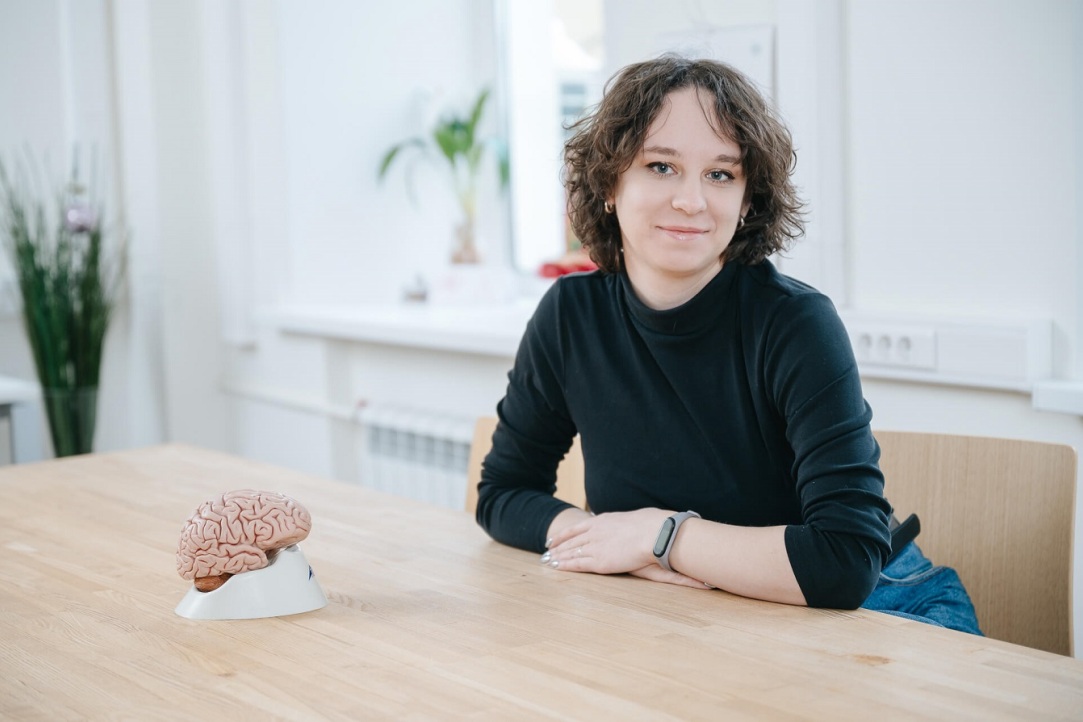
'Science Is Akin to Creativity, as It Requires Constantly Generating Ideas'
Olga Buivolova investigates post-stroke language impairments and aims to ensure that scientific breakthroughs reach those who need them. In this interview with the HSE Young Scientists project, she spoke about the unique Russian Aphasia Test and helping people with aphasia, and about her place of power in Skhodnensky district.

'Engaging in Research Is Partly an Art and Partly a Craft'
Vyacheslav Kramkov's research focus is macrofinance, a field at the intersection of macroeconomics and financial markets. In this interview with the HSE Young Scientists project, he explains how economists develop their models, discusses the social dimension of science, and contends that the relationship between the dollar-rouble exchange rate and oil prices is no longer as tight as it once was.
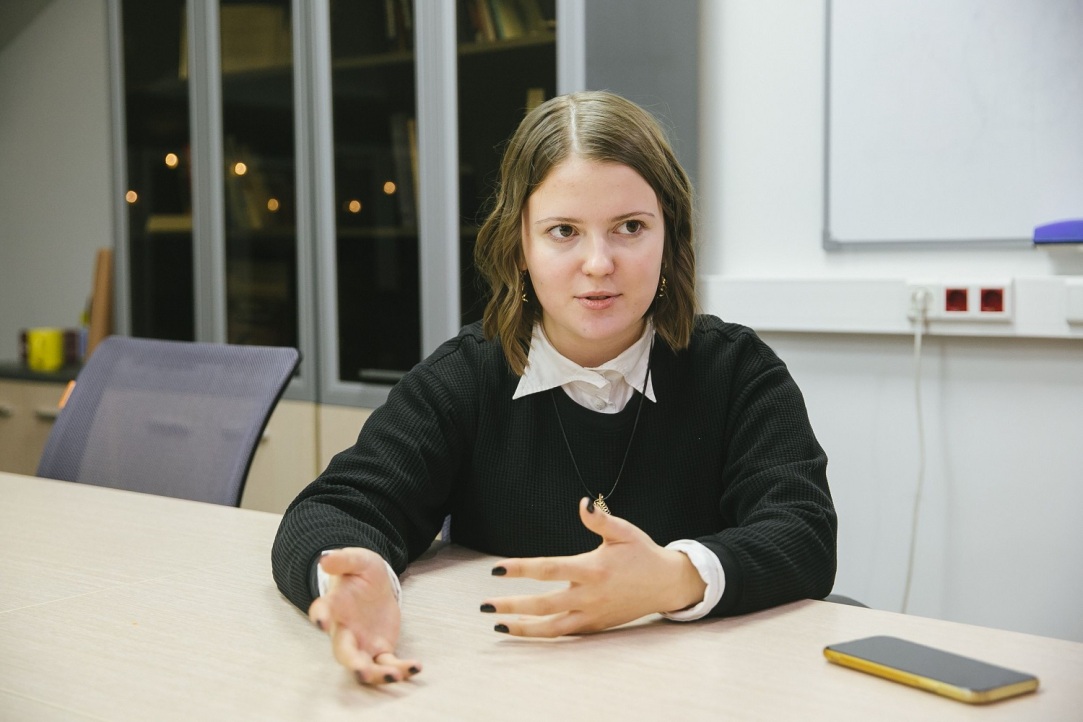
'When a Shuttlecock is Flying at You, it's Impossible to Worry about Deadlines'
Lika Kapustina is in her fifth year of social studies and engages in research using technology that enables automated collection of data from open sources. In her interview with the HSE Young Scientists project, she recalls the nights spent working in the library, speaks about the Algorithm of Light, and reflects on how network analysis has influenced her.
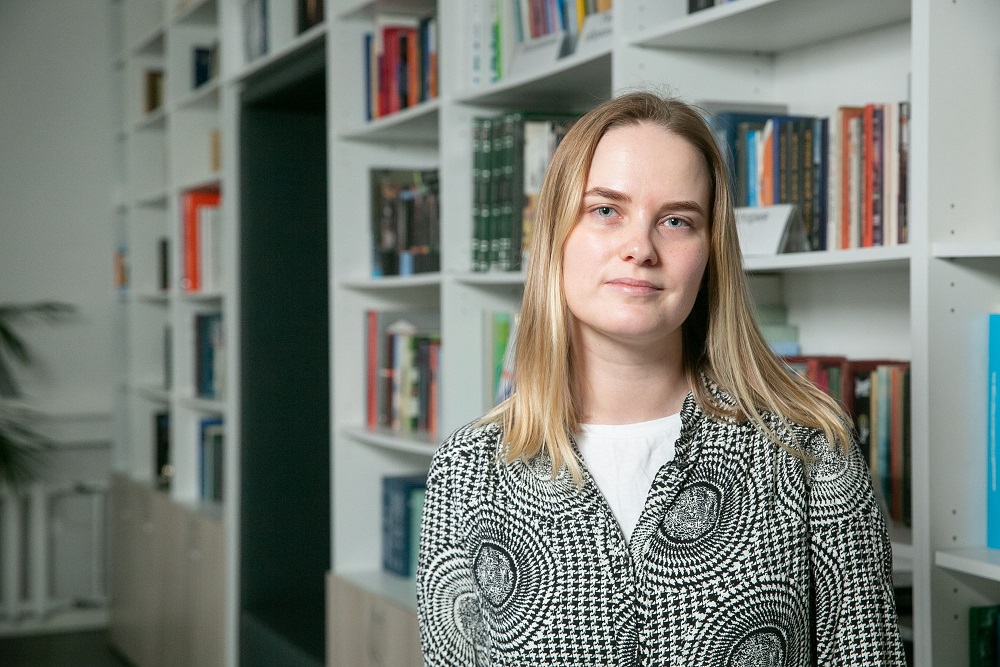
'You Find Yourself Thinking about Your Research 24/7'
Daria Gracheva, expert at the Institute of Education, turned to science in pursuit of methods to discern between a poorly constructed test and a well-designed one. In this interview with the HSE Young Scientists project, she discusses the '4K test,' which is intended to measure critical thinking and communication skills, shares insights on the model named after Georg Rasch, and explains how setting up an aquarium for a crab can help assess soft skills.
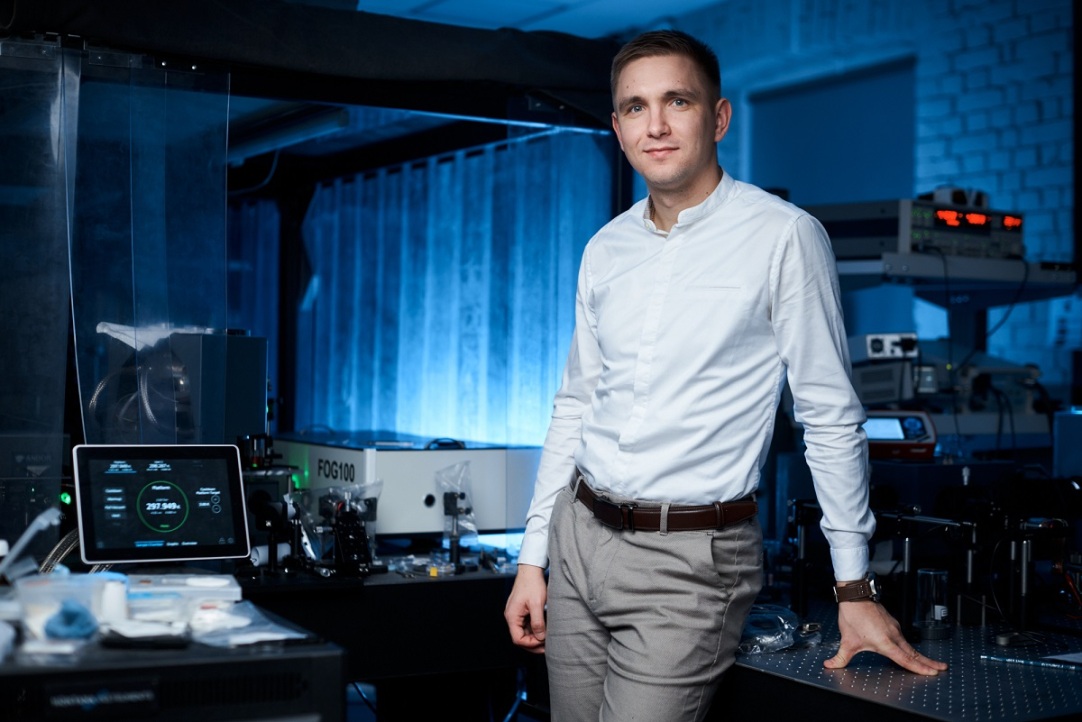
'I've Always Been Keen to Engage in Experiments and Operate Scientific Instruments'
During his early years at university, physicist Ivan Makhov worried that he might be dismissed, but today he is heading a study supported by a grant from the Russian Science Foundation. In this interview with the HSE Young Scientists project, he shares his work experience using a closed-loop cryostat, his dream of conversing with Einstein, and favourite location in his hometown of St Petersburg.
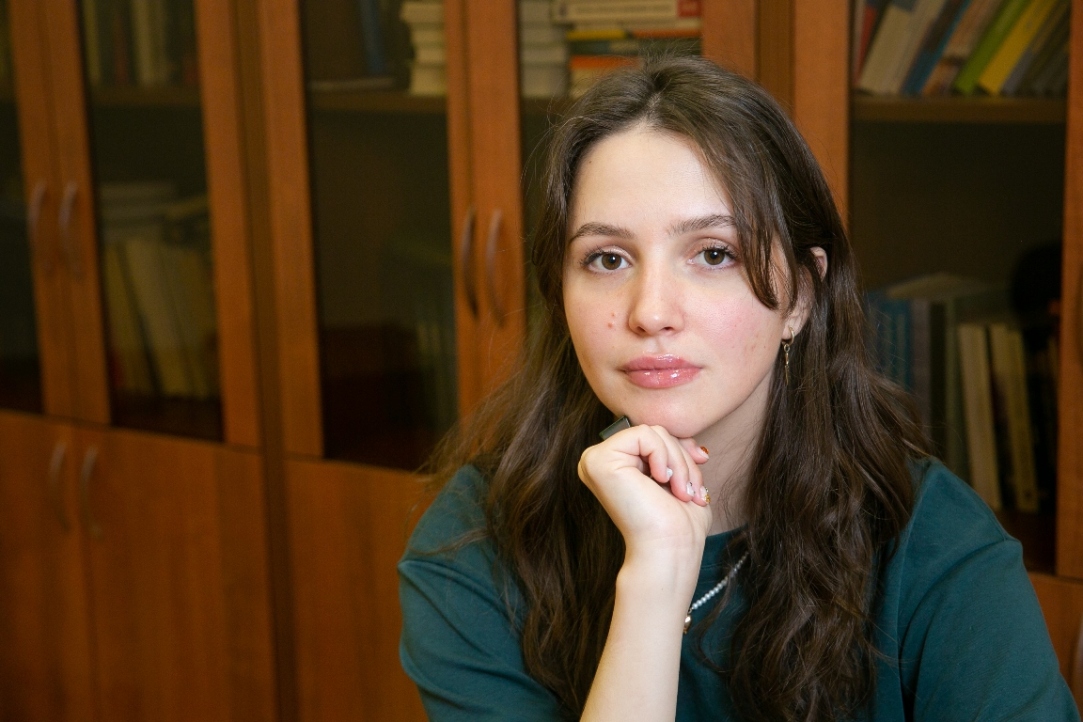
'When Engaging in a Debate, I Always Seek Out Credible Sources to Support My Arguments'
Sociologist Valeria Kondratenko is skilled at handling big data and enjoys working with it. In her interview with the HSE Young Scientists project, she discusses academic research, her admiration for Pierre Bourdieu, and her passion for weightlifting.


Application deadline: June 23, 2025